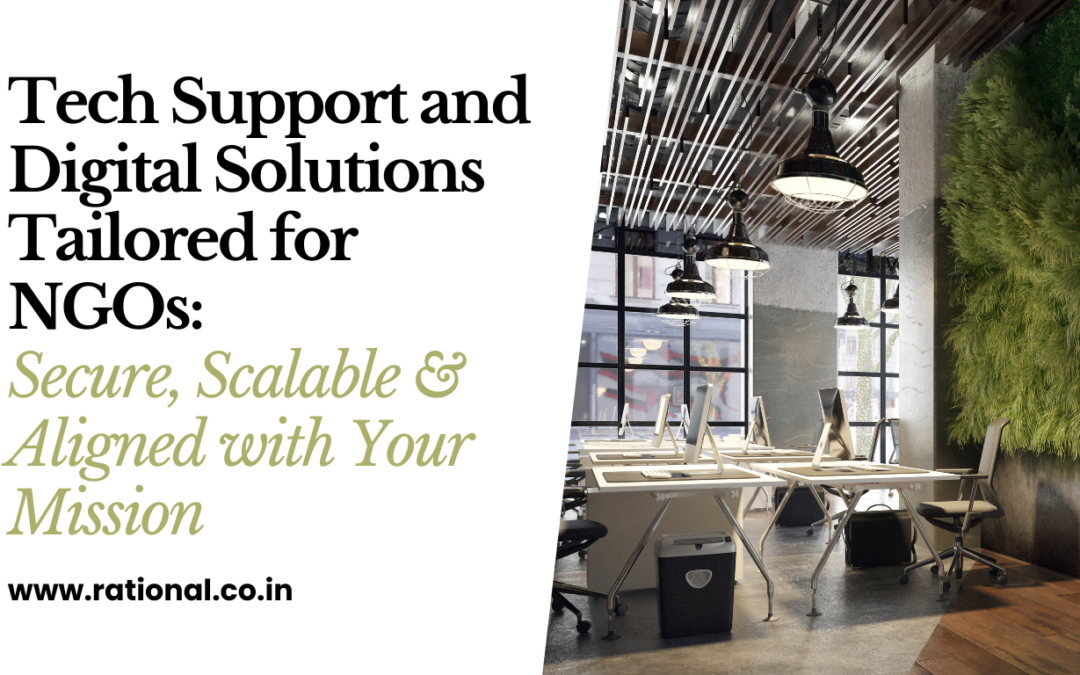WordPress has undoubtedly revolutionized the landscape of web development, enabling developers to create dynamic and feature-rich websites. However, like any platform, it comes with its fair share of challenges. In this article, we’ll explore the top 20 WordPress problems that developers often encounter and provide practical solutions to overcome them, ensuring smoother and more efficient development processes.
- Security Concerns: Challenge: WordPress’s popularity makes it a prime target for hackers and malicious attacks. Solution: Implement security plugins like Wordfence or Sucuri, regularly update WordPress, themes, and plugins, and use strong passwords.
- Plugin Compatibility Issues: Challenge: Plugins can conflict with each other, leading to functionality issues. Solution: Choose reputable plugins, keep them updated, and test them for compatibility before deployment.
- Slow Loading Times: Challenge: Bloated themes and excessive plugins can slow down website loading times. Solution: Optimize images, use caching plugins, and consider a lightweight theme.
- Update Conflicts: Challenge: Updates can lead to compatibility problems with themes and plugins. Solution: Regularly back up your website, test updates on a staging site, and update one element at a time.
- White Screen of Death (WSOD): Challenge: An empty white screen can render your website inaccessible. Solution: Disable faulty plugins or themes via FTP, check for syntax errors in code, and increase PHP memory limit.
- Broken Links: Challenge: Broken links negatively impact user experience and SEO. Solution: Use plugins to identify broken links and fix them promptly.
- Limited Customization Options: Challenge: Some themes may lack the customization options needed for unique designs. Solution: Opt for flexible and customizable themes, or consider custom development.
- SEO Challenges: Challenge: WordPress doesn’t inherently offer advanced SEO features. Solution: Install an SEO plugin like Yoast or All in One SEO Pack to optimize content.
- Theme and Plugin Abandonment: Challenge: Themes and plugins that aren’t updated can pose security risks. Solution: Choose well-supported themes and plugins, regularly check for updates, and consider alternatives if necessary.
- Backup and Restoration: Challenge: Data loss can occur due to errors or malicious attacks. Solution: Use backup plugins like UpdraftPlus or BackupBuddy, and store backups offsite.
- Image Optimization: Challenge: Unoptimized images can slow down websites. Solution: Use image compression plugins or online tools to optimize images before uploading.
- Content Duplication: Challenge: Duplicate content can harm SEO rankings. Solution: Use canonical URLs to indicate the original content, and avoid copying content directly.
- Poor Mobile Responsiveness: Challenge: Some themes might not be mobile-friendly. Solution: Choose responsive themes and test your website on various devices.
- Database Overload: Challenge: An overloaded database can lead to slow performance. Solution: Clean up your database regularly, delete unnecessary data, and optimize tables.
- Spam Comments: Challenge: Spam comments can clutter your site and impact user experience. Solution: Install anti-spam plugins like Akismet to filter out spam comments.
- Lack of Regular Backups: Challenge: Not having up-to-date backups can lead to data loss. Solution: Use automated backup plugins to ensure regular backups are performed.
- Inadequate User Management: Challenge: Managing user roles and permissions can be complex. Solution: Use role management plugins to control user access and permissions effectively.
- E-commerce Integration Challenges: Challenge: Integrating e-commerce functionality can be tricky. Solution: Choose e-commerce plugins like WooCommerce, which offer comprehensive solutions.
- Cross-Browser Compatibility: Challenge: Websites might look and function differently across various browsers. Solution: Test your website on multiple browsers and use CSS hacks if necessary.
- Version Control: Challenge: Managing code changes and collaborations can be challenging. Solution: Use version control systems like Git, and consider platforms like GitHub or Bitbucket for collaborative coding.
While WordPress empowers developers to create stunning websites, it’s crucial to be aware of potential challenges and their corresponding solutions. By addressing security, compatibility, performance, and other issues proactively, developers can harness the full potential of WordPress and deliver exceptional websites that meet both their clients’ and users’ expectations. Remember, each challenge is an opportunity for growth and mastery in the ever-evolving world of web development.





